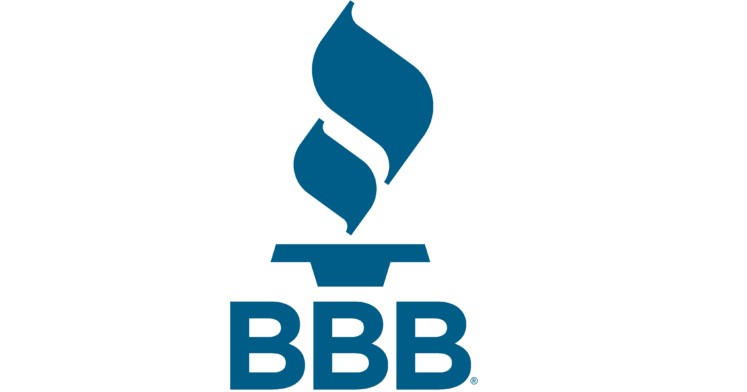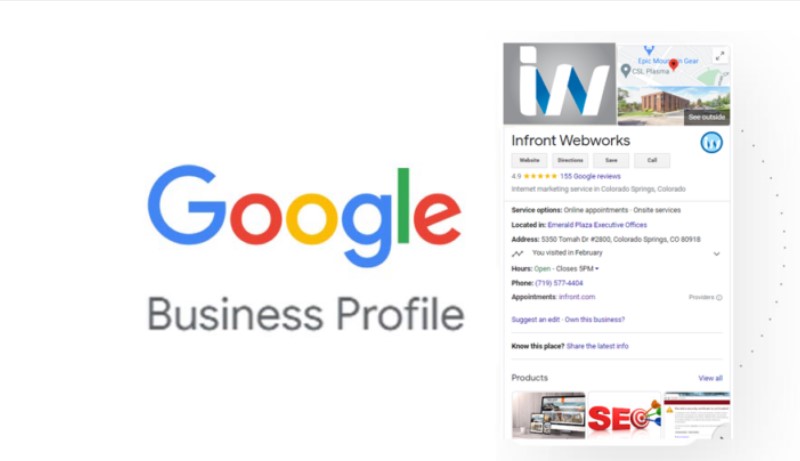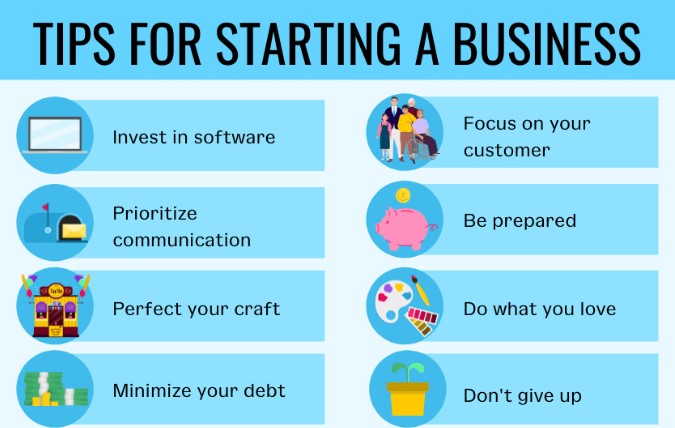In today’s consumer-driven marketplace, establishing trust and credibility is paramount for businesses. The Better Business Bureau (BBB) stands as a beacon of ethical business practices and consumer protection, providing invaluable resources and services to businesses and consumers.
What is the BBB?
The BBB is a nonprofit organization committed to progressing commercial center beliefs. It acts as a mediator between consumers and businesses, aiming to promote fair and honest interactions in the marketplace.
History and Evolution of the BBB
The roots of the BBB trace back to the early 20th century when businesses recognized the need for ethical standards. Since then, the BBB has evolved into a nationwide organization, fostering a network of local chapters across North America.
Functions and Services Provided by the BBB
One of the core functions of the BBB is business accreditation, where businesses voluntarily undergo scrutiny to demonstrate their commitment to ethical practices. Additionally, the BBB offers dispute resolution services, educational resources, and consumer advisories.
How Businesses Benefit from BBB Accreditation
Businesses accredited by the BBB gain a competitive edge by showcasing their dedication to integrity and customer satisfaction. Accreditation opens doors to valuable consumer insights and improves a company’s reputation within the community.
Consumer Perspective on the BBB
Consumers often rely on BBB ratings and reviews when making purchasing decisions. The BBB is a trusted resource for gauging a business’s reliability and resolving issues through its complaint resolution process.
BBB’s Impact on Consumer Protection
The BBB is crucial in protecting consumers from fraudulent and deceptive practices. By setting standards for ethical behavior, the BBB contributes to a more transparent and accountable marketplace.
BBB’s Influence on Business Ethics
Through its accreditation process and ethical guidelines, the BBB encourages businesses to uphold high standards of conduct. This fosters a culture of integrity and accountability among companies of all sizes.
BBB’s Role in Resolving Consumer Complaints
Consumers can file complaints with the BBB when dissatisfied with a product or service. The BBB facilitates communication between parties and strives to reach fair resolutions, promoting trust and goodwill.
BBB’s Online Presence and Digital Tools
In the digital age, the BBB has expanded its reach through its user-friendly website and active social media presence. These platforms enable real-time interaction and dissemination of important consumer information.
Criticism and Controversies Surrounding the BBB
Despite its positive contributions, the BBB has faced criticism over its rating system and handling of certain cases. Misconceptions about its role and influence also exist among the public.
How to Verify BBB Accreditation and Ratings
Consumers can verify a business’s BBB accreditation and ratings online. By checking the BBB website, individuals can access detailed business profiles and customer reviews.
Tips for Businesses to Maintain Good Standing with the BBB
Businesses can enhance their relationship with the BBB by responding promptly to consumer feedback, resolving complaints professionally, and adhering to ethical standards outlined by the organization.
The Future Outlook of the BBB
As consumer behavior evolves with technological advancements, the BBB continues to adapt its services to meet changing needs. Embracing digital transformation and innovation will be key to the BBB’s future success.
Conclusion
The Better Business Bureau plays a vital role in promoting trust and ethical practices in the marketplace. Its commitment to fairness and transparency benefits both businesses and consumers, fostering a more accountable and consumer-centric economy.
FAQs
How does BBB accreditation benefit small businesses?
BBB accreditation helps small businesses build credibility and trust among potential customers, ultimately boosting their reputation and competitiveness.
Are BBB ratings reliable indicators of a business’s performance?
While BBB ratings provide useful insights, consumers should consider multiple sources of information, including customer reviews and testimonials, before forming opinions.
Can businesses dispute BBB ratings or complaints?
Yes, businesses can engage with the BBB to address any discrepancies or disputes regarding ratings or complaints filed against them.
Does the BBB charge businesses for accreditation?
Yes, businesses pay a fee for accreditation, which helps support the BBB’s operations and services.
How can consumers contribute to the BBB’s mission?
Consumers can actively participate by reporting unethical business practices, submitting feedback, and utilizing BBB resources when making purchasing decisions.










